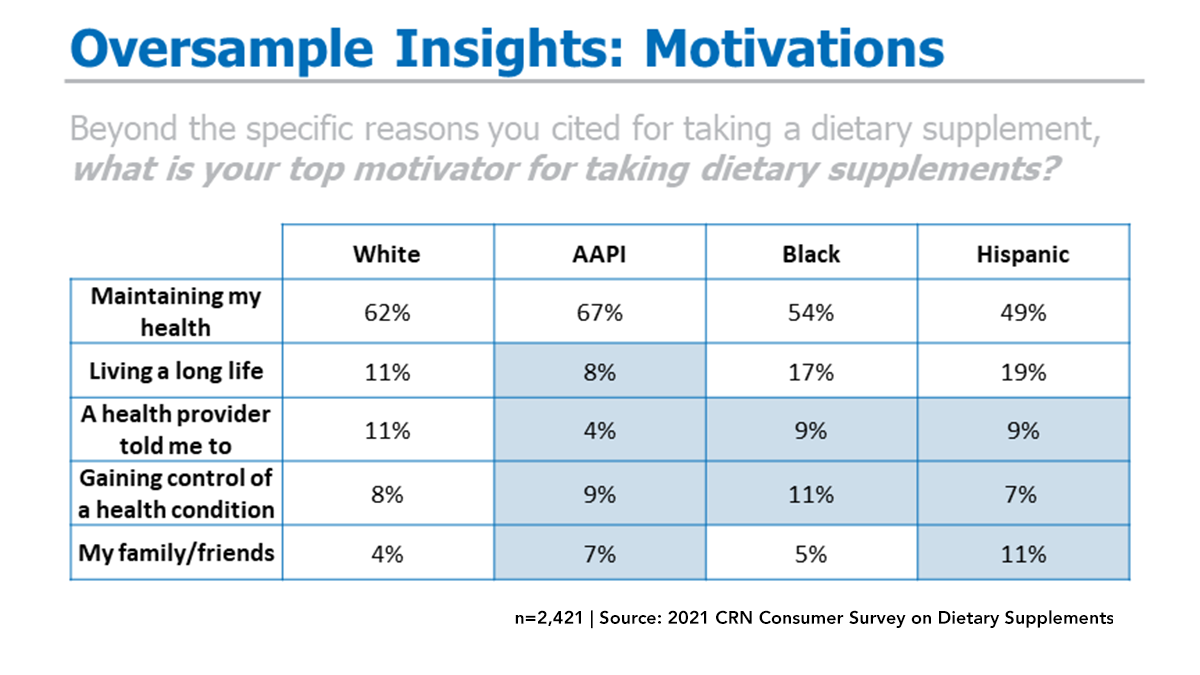
This is an article I wrote for the CRN Daily Supplement member newsletter, connecting timely external content to the association’s annual survey as part of our content marketing tactics—additional stories here.
J&J Consumer Health’s Neutrogena brand’s personalized 3-D printed skin care supplements made news at CES 2023last week. Consumers can scan their face through an app, answer a questionnaire, and receive a recommendation for a “skin stack” gummy—providing the personalization consumers seek with the kind of products they are looking for.
“Skin, hair and nails” is reported as a reason for taking dietary supplements by 29% of supplement users, according to the latest edition of the CRN Consumer Survey on Dietary Supplements—37% among female supplement users.
“Healthy aging” is another top reason cited among supplement users, with 27% of females and 21% of males seeking these benefits from their dietary supplements, according to the CRN survey.
- InStyle magazine recently highlighted Unilever’s brand Nutrafol, noting its formulation with biotin, vitamin A, vitamin C, and L-lysine.
- Nestlé Health Science’s Vital Proteins collagen brand is broadening the benefits message beyond beauty with its “For Everybody with a Body” campaign aimed at educating people about the many parts of the human body that can benefit from collagen, “from skin, hair and nails to the left knee, right knee or tendon in your elbow.”
Vitamin D never goes out of style, and was recently spotlighted in Vogue magazine, which noted supplements can be “key to preventing deficiency.”
What they’re saying: In the U.S. and Canada, the RDA is 600 IU per day for adults and 800 IU per day for individuals over 70 years old, while in the UK, the RDA is 400 IU. The article advised consumers to opt for D3 paired with vitamin K2 “to optimize calcium metabolism.”
A newly published study from the University of Finland reported fewer cases of melanoma among people taking vitamin D supplements. The study included nearly 500 people with an increased risk of skin cancer. Those who took vitamin D supplements regularly also had a lower risk of skin cancer, according to estimates by experienced dermatologists.









